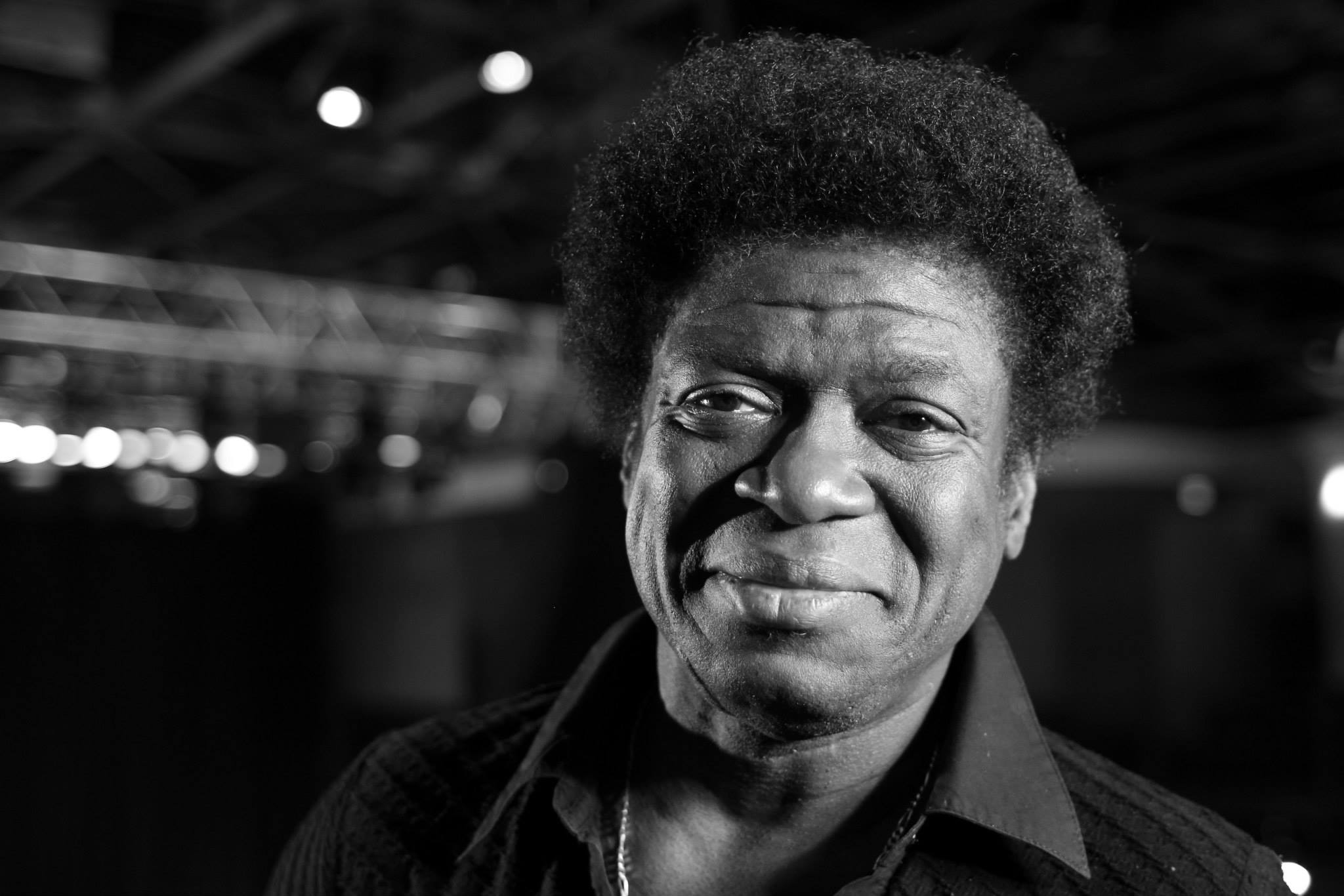
“Hate is poison in the blood/ Heaven is cryin’, the world is shakin’/ God is unhappy, the moon is breakin’/ Blood is spillin’, God is comin’.” He urges listeners to “Put away the guns and take this love.” With the reverb and delay on his voice in this track, it sounds like Bradley is imploring us to change from on high. In “Change for the World,” Bradley invokes a rallying call to action. In the heat of police violence, Black Lives Matter, and an ever-deepening racial divide in 2016, Bradley tackles what it means to be a Black person in the United States head-on as “God Bless America” rolls right into “Good to be Back at Home.” He sings about America in the same terms as he has sung about tumultuous romantic relationships. Just know that all the pains that I’ve been through,Īmerica represents love for all humanity and the world He opens the track by introducing himself:Ī brother that came from the hard licks of lifeĪmerica, you’ve been real, honest, hard, and sweet to me

Bradley continues this legacy, beginning the album with a rendition of “God Bless America,” which he sings as a love song, directly addressing America, the country that’s caused him much pain and grief. Soul grew in tandem with the Civil Rights Movement and the two are closely entwined. Between Bradley’s voice and his emotionally provocative lyrics, he reignites a genre exactly when we need it most.Ĭharles Bradley sings right to the soul: the soul of the listener and the soul of the country. In doing so, he deviated from a sound sternly reverent to the ‘60s soul aesthetic. At 67, the former James Brown impersonator, known for his high energy performances and astounding vocals, solidified his individual voice and sang from a profoundly personal perspective. By far his most cohesive album, this one is personal to Bradley. His voice is what earned him the nickname “The Screaming Eagle of Soul.” This was his third record with Daptone, and while his characteristically roaring voice has always held fast, Changes stands apart. When he starts to get going, it’s like sitting in a motorboat while someone revs the engine, rough and hearty, and then gliding away on the water. The album is Soul at its core, but the sound is distinctly Bradley.Ĭentral to every song is Bradley’s voice.

Each track pays homage to ‘60s soul in its instrumentation without simply recreating the ‘60s Stax/Atlantic sound or relying on nostalgia. Changes is laced with organ trills, horn jabs, an almost psychedelic bass, and on several tracks, you can hear people partying along with Bradley in the background. Most of the songs feature musicians from The Menahan Street Band, a few are backed by the Budos Band, and The Gospel Queens are featured on two songs. Daptone’s Thomas Brenneck produced the album in a minimalist fashion, with very few special effects, but he spared nothing when it came to backing musicians. Changes didn’t merely draw upon the ‘60s sound, it seamlessly brought the genre – and all of the traditions that go along with it – into 2016. Not neo-soul, not retro-soul, but capital S Soul. Immediately remarkable about the album is its footing as pure, unadulterated soul. It is just as relevant and necessary as ever.

If we think of the months leading up to the 2016 election as the beginning of the current moment, then now we are at the next inflection point, and over the past few violent and difficult months, I have been returning to Bradley’s Changes.

As the political and social landscape became increasingly turbulent, the album provided me with some sort of a grounding force. When Charles Bradley’s final album, Changes, was released in April of 2016, I had it on repeat for months and months.


 0 kommentar(er)
0 kommentar(er)
